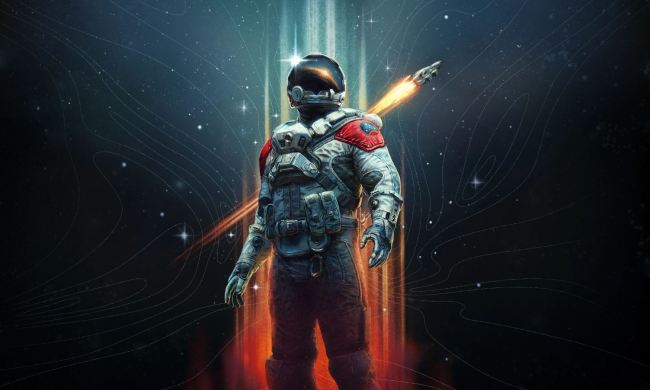After months of controversial news surrounding Activision Blizzard, Microsoft has stepped in and acquired the company. As announced in an official press release from Xbox chief Phil Spencer, Microsoft plans to buy the company behind franchises like World of Warcraft, Diablo, Overwatch, Call of Duty, and more.
“This acquisition will accelerate the growth in Microsoft’s gaming business across mobile, PC, console, and cloud and will provide building blocks for the metaverse,” Microsoft states in the release.
The deal is rumored to be valued at $68.7 billion. If accurate, that would make it the largest acquisition in video game history by a significant margin. The record was just set by Take Two when it announced intentions to acquire Zynga for $12.7 billion.
Microsoft already made its immediate plans concerning Activision Blizzard apparent, confirming that it will offer as many new and old Activision Blizzard games as it can within Xbox Game Pass and PC Game Pass. It also said that the acquisition of Activision Blizzard’s franchises will accelerate its plans for Cloud Gaming and will continue to be able to be enjoyed on a variety of platforms.
This is Microsoft’s second big acquisition after the company bought Bethesda in 2021. It also makes Microsoft the world’s third-largest gaming company by revenue, behind Tencent and Sony.
In terms of the controversial storm that Microsoft has to deal with over this acquisition, the company states: “We deeply value individual studio cultures. We also believe that creative success and autonomy go hand in hand with treating every person with dignity and respect. We hold all teams, and all leaders, to this commitment. We’re looking forward to extending our culture of proactive inclusion to the great teams across Activision Blizzard.”
Microsoft also confirms that the acquisition isn’t quite finished just yet. Until this transaction closes at an undisclosed time, Activision Blizzard and Microsoft Gaming will continue to operate independently.



